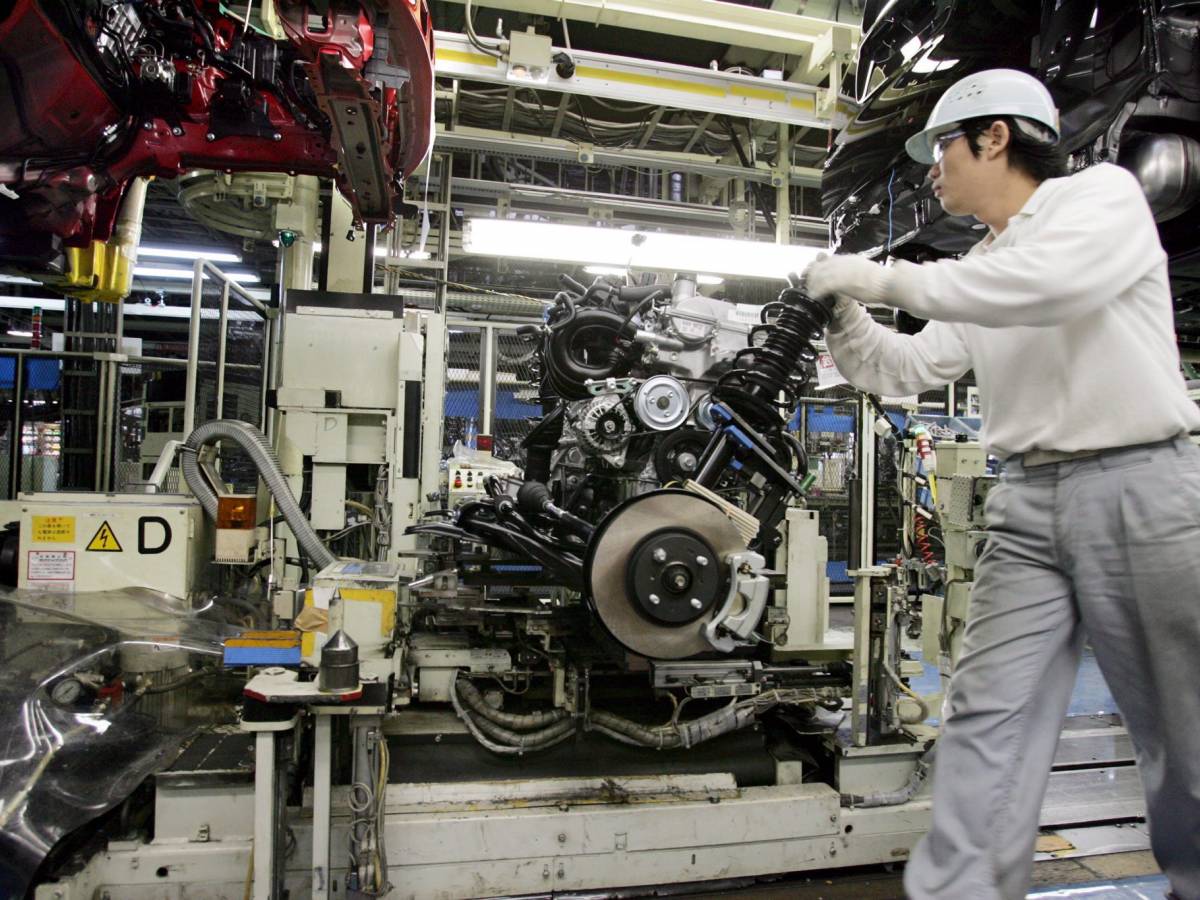The positive sign is back, after thirteen consecutive months, in the European car market. In the month of August in the European Union, EFTA and United Kingdom registrations – according to data from Acea, the association of European manufacturers – were 748,961, 3.4% more than in the same month of 2021. In July, instead , there was a decline of 10.6% with 874,947 registrations. The total for the year was always negative: in the eight months 7,221,379 cars sold, down by 11.8% on the same period last year and by 33.3% on 2019, “with a loss – explains the ‘Unrae – of 970 thousand cars ».
According to the Anfia, there remains “the prospect of a difficult autumn”. The Stellantis group registered 166,082 cars (-9.9%) in Western Europe (EU, EFTA and UK) in July and 136,721 in August, 11% more than in the same month of 2021. In the eight months, the registrations of the group totaled 1,390,088 (-17.6% on the same period of 2021). The share is 19.2% compared to 20.6%.
The improvement in August – observes the Centro Studi Promotor – affected all thirty countries in the area except for 7 small markets: Denmark, Finland, Lithuania, Romania, Slovakia, Slovenia and Norway. However, the growth signal remains “very weak” and the prospects do not appear positive also because the unresolved crisis factors (pandemic, shortage of components, decline in household purchasing power, war in Ukraine) are compounded by the increase in costs of energy and inflation. In Italy – explains Gian Primo Quagliano, president of the Promotor Study Center – “registrations have returned to the levels of the 1960s”. In August, the five largest markets in the area overall won 64.4% of registrations and are all growing. The best result is that of Italy where registrations grow by 9.9% on August 2021. However, while in several Western European countries – explains the Csp – there is a certain increase in sales of electric cars, but unfortunately not in Italy where registrations of pure electric cars (Bev) in the January-August period fell by 20%, despite the fact that 220 million have been allocated for purchase incentives, currently only booked for 18.6%.
–


